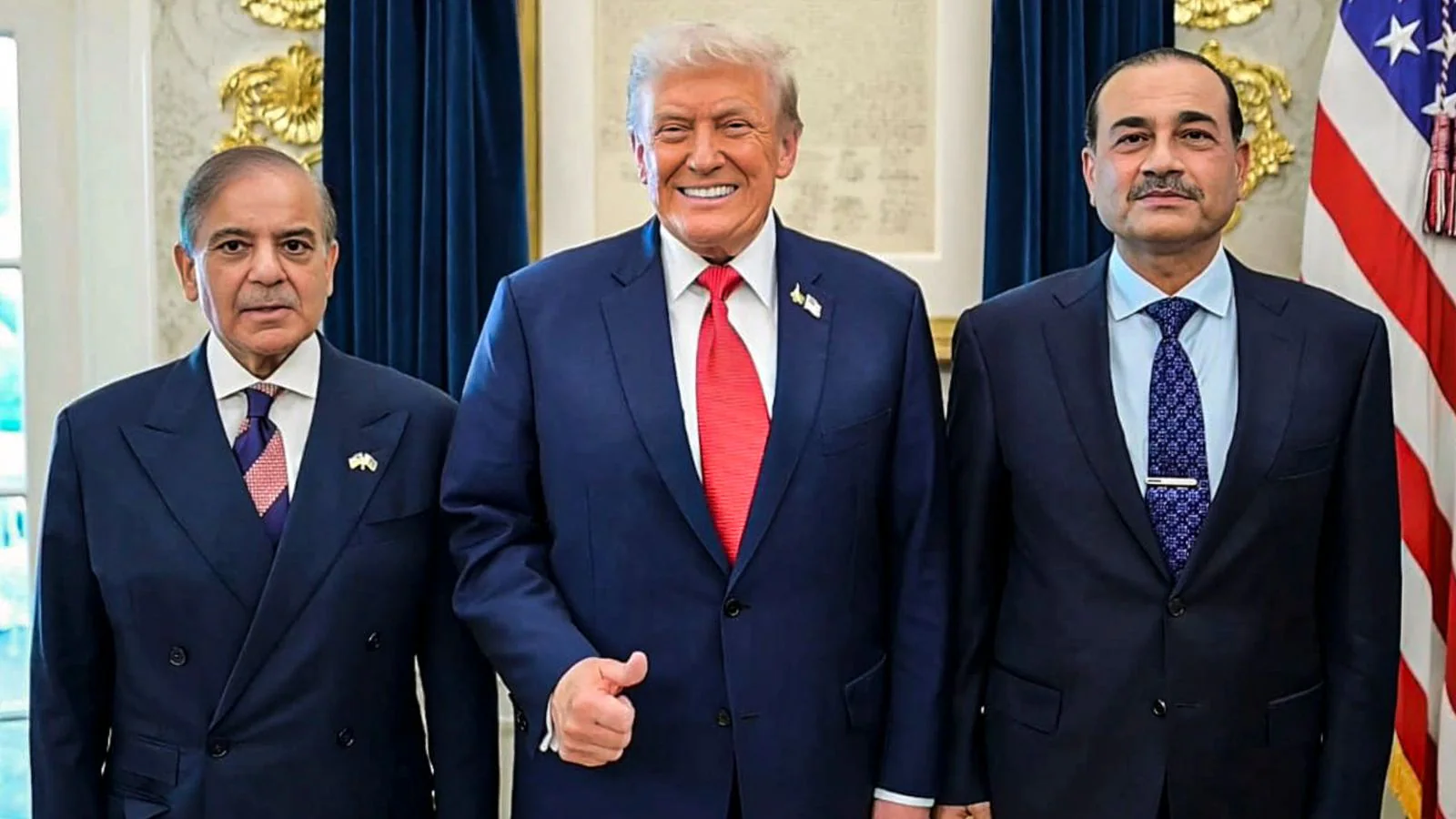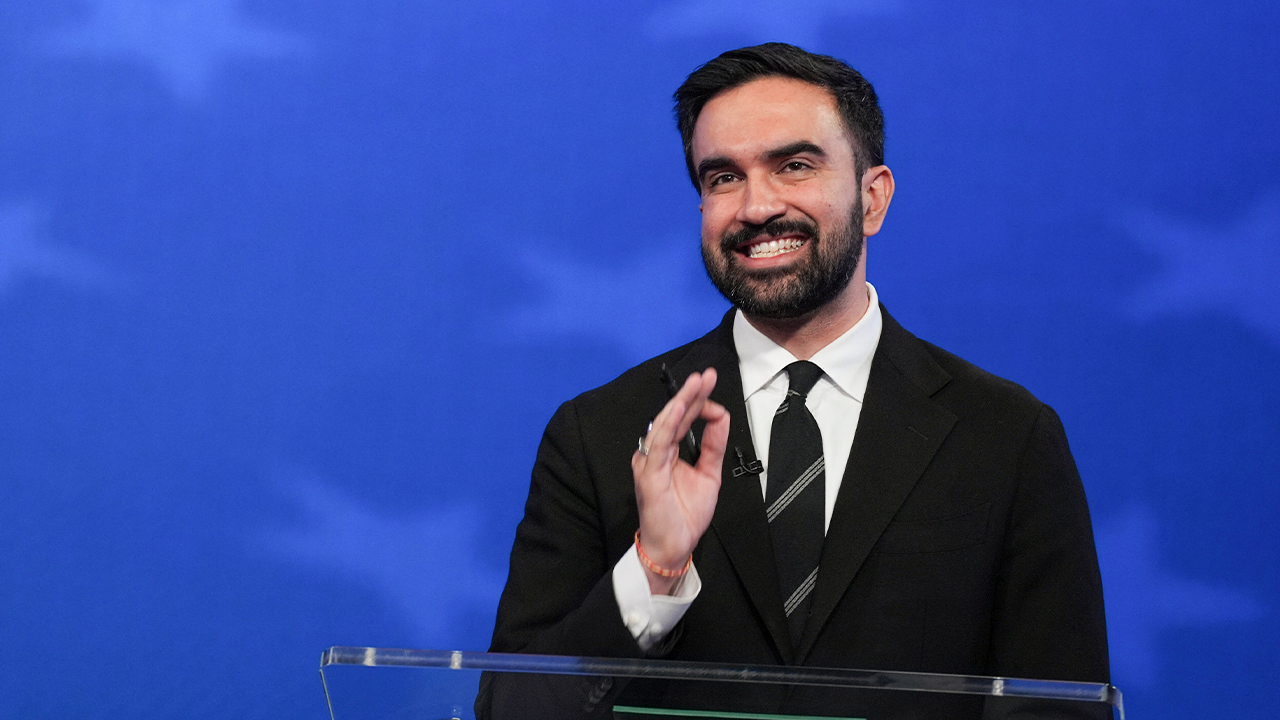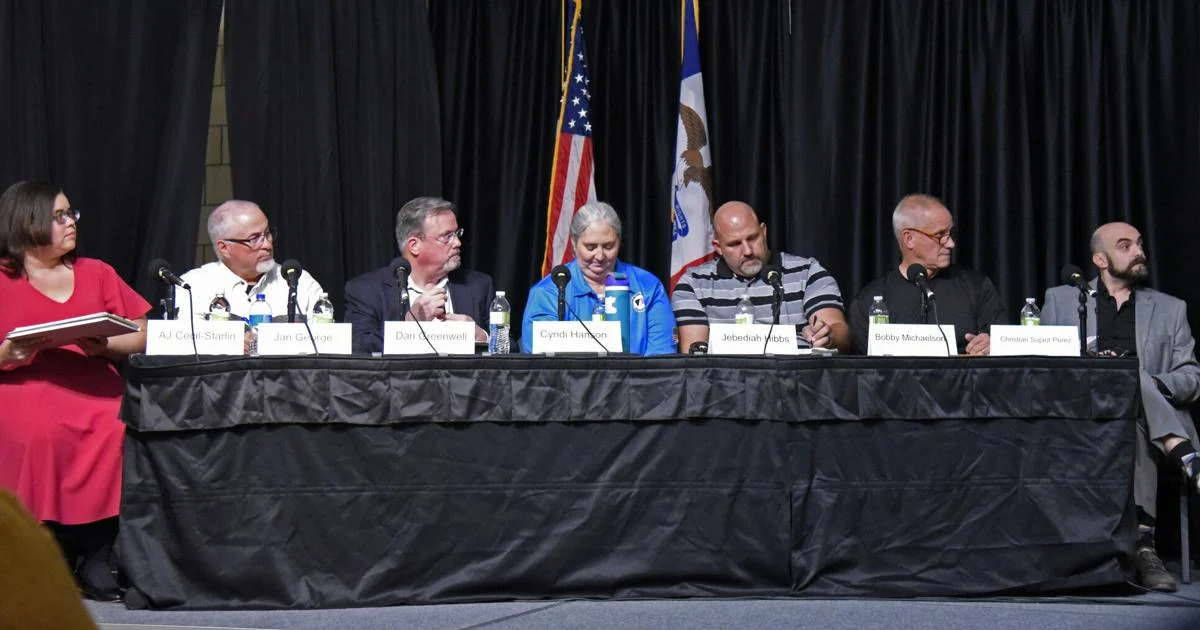Copyright news18

Former CIA operative and whistleblower John Kiriakou isn’t new to controversy and his recent disclosure regarding Pakistan’s nuclear command and control structure is the latest bombshell. He claims that in 2002 while in Pakistan, he was told that the Pentagon controlled Pakistan’s nuclear assets and these were placed under an American General by the Government of Pakistan. Though Islamabad has publicly been denying the existence of any such arrangement, Kiriakou nevertheless stands by the same. The live possibility of Pakistani nuclear weapons/material getting into the hands of terrorist groups has been a perennial cause of concern for Washington. Accordingly, even though Kiriakou’s claim may sound outlandish, considering the criticality of this issue, the likelihood of the Pentagon having worked out a system of checks and balances to prevent this from happening cannot be ruled out. Why it matters This claim, whether fully accurate or not, raises several serious issues: 1. Sovereignty and credibility Pakistan presents itself as a sovereign nuclear-armed state with full control over its strategic arsenal. Handing over nuclear control to a foreign power would severely damage its credibility domestically and internationally. It also raises the question: if Pakistan has given up direct control, how effective is its deterrent posture? 2. Regional Strategic Balance Pakistan and its neighbour India have long been locked in a standoff and if Pakistan’s nuclear arsenal is under external control, it could well embolden India or shift its calculations. Consequently, it may alter deterrence dynamics, escalation thresholds, and crisis stability in South Asia. 3. The “Rough Country” Factor Pakistan is often described as being politically unstable, having military-dominated governance, weak civilian institutions, a history of coups, and intersections between the military/intelligence services and extremist groups. Given these internal vulnerabilities, the control and safety of nuclear assets in Pakistan has always been a global concern. The claim that a foreign power might control them reinforces these existing fears. My View: A ‘Rough Country’ in Strategic Peril Pakistan is, in many ways, what one might call a “rough country” — not in a pejorative sense alone, but in the sense of enduring instability, institutional fragility, and unpredictable domestic-foreign linkages: The army dominates politics and national security; civilian governments often play second fiddle. There is persistent internal unrest and extremist presence, which complicates nuclear safety and strategic clarity. The country has repeatedly flirted with confrontation (both conventional and asymmetric) with India, elevating the risk of miscalculation. Corruption, governance deficits, divergent centre-province relations, and weak democratic consolidation all contribute to strategic opacity. In that environment, if the claim by Kiriakou is even partially accurate, it signals how deeply external powers may have felt they had to intervene to ensure stability of Pakistan’s nuclear weapons. That’s not just a reflection on U.S. strategy, but on Pakistan’s own inability (or unwillingness) to provide assured control under exclusively national hands. It underscores a harsh reality: a nuclear-armed state whose internal governance and institutional oversight may not stand up to full international confidence. For Pakistan, the badge of “military-nuclear power” comes with a heavy burden — more so than for many others — because its internal conditions make control and credibility more fragile. Skepticism & Caveats While the claim is significant, we must approach it with caution: There is no publicly released or widely corroborated official documentation confirming that the US truly has the command-and-control of Pakistan’s nuclear arsenal. Kiriakou’s credibility is itself contested: He’s a whistle-blower with a complicated history, including a conviction for leaking classified information. The claim might reflect intelligence exchange practices (which are secretive) rather than full operational control, i.e., the US may have had monitoring rights or “influence” but not absolute command. Even if the US had some access or oversight, the difference between advisory/control and full “command” is massive. Closing Thoughts If we accept Kiriakou’s claim as plausible, then the picture it paints is deeply troubling: a nuclear‐armed state that lacks full internal control is so unstable that it must outsource or permit external command of its most destructive capabilities. That kind of scenario is precisely what many fear when they label Pakistan as a risk in the nuclear age. For Pakistan to be an effective, credible nuclear power, it must not just possess warheads — it must convincingly control them. In a “rough country” setting like Pakistan, this is easier said than done. Kiriakou’s assertion reminds us of that gap: possession ≠ control. And for global stability, especially in a region as volatile as South Asia, this gap is what truly matters. The author is Editor, Brighter Kashmir, author, TV commentator, political analyst and columnist. Views expressed in the above piece are personal and solely those of the author. They do not necessarily reflect News18’s views.



